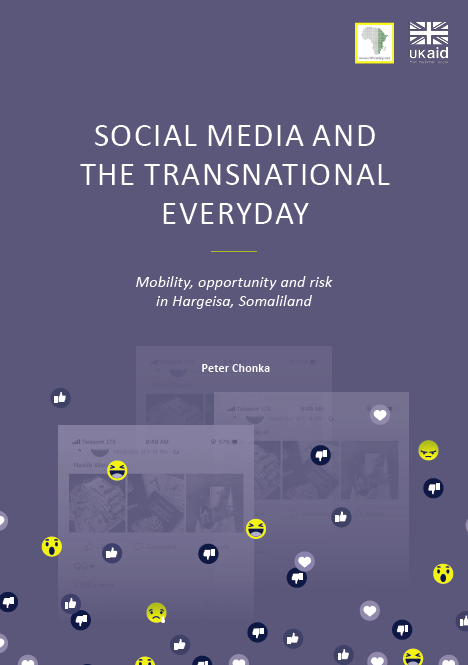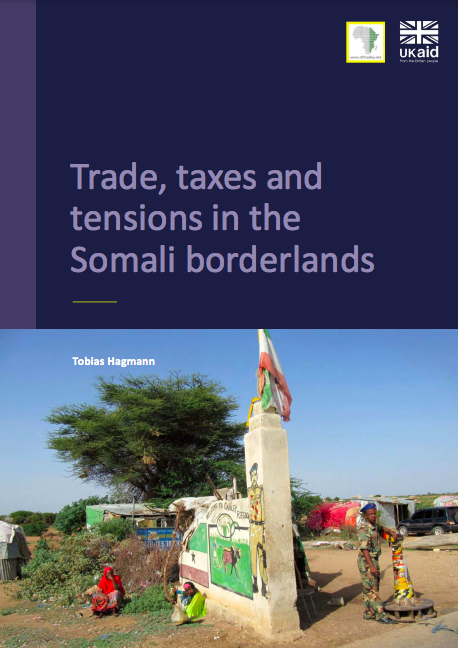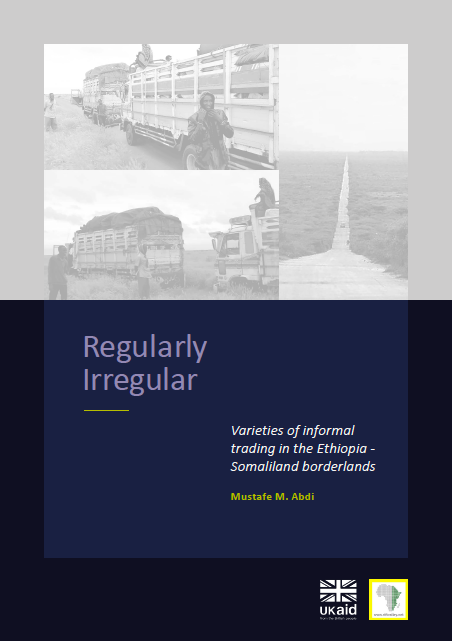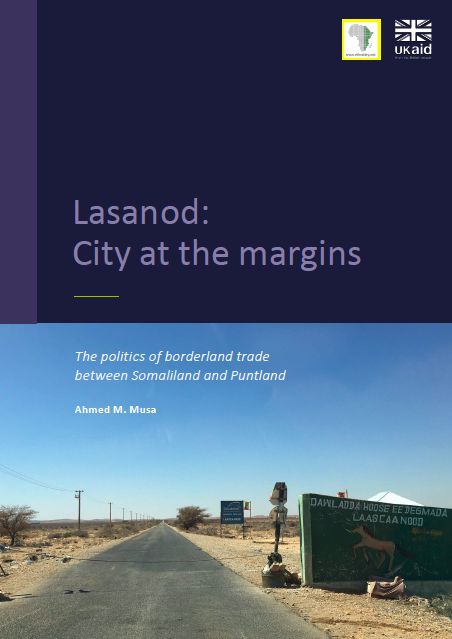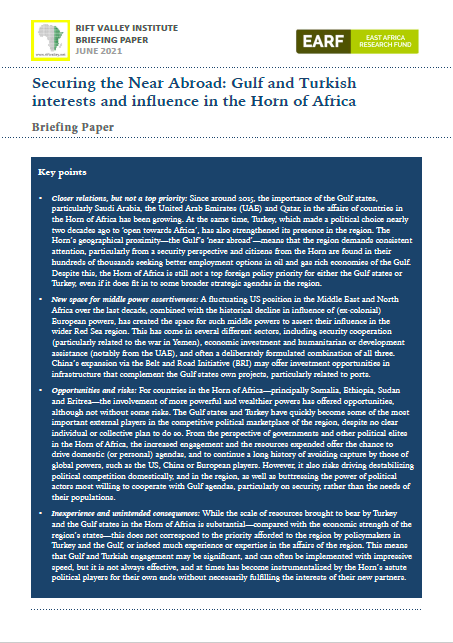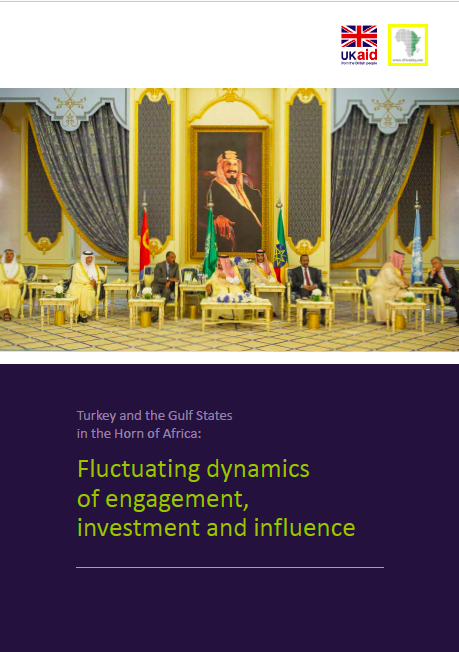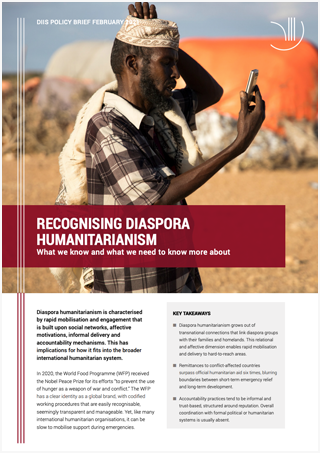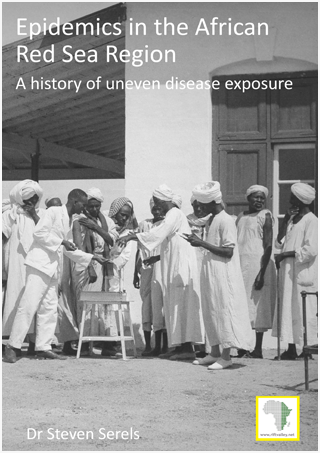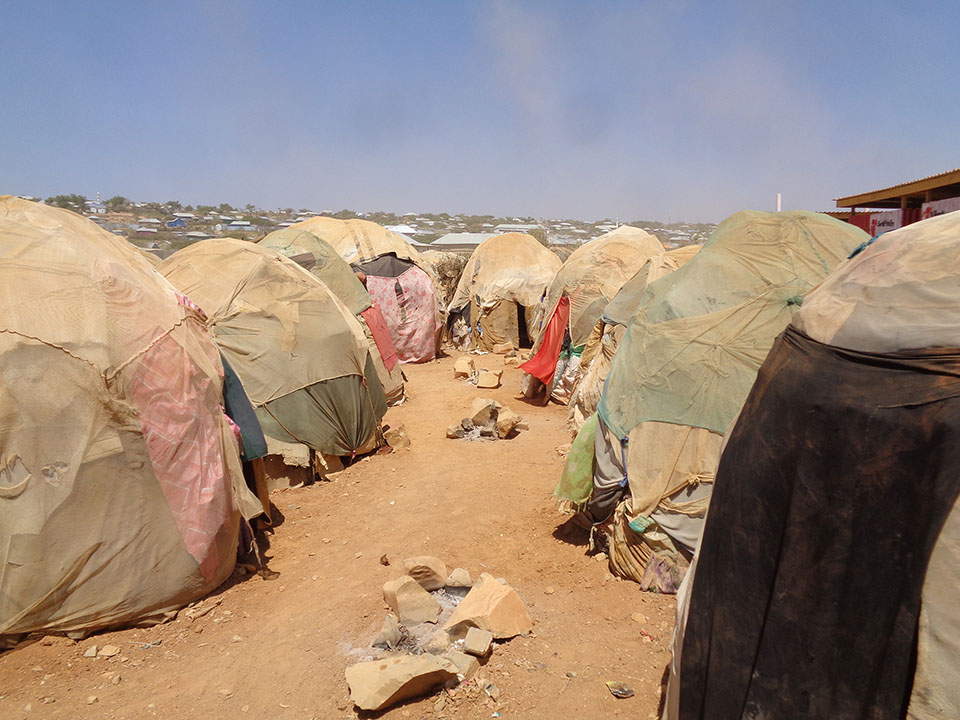
- By Mustafe M. Abdi
- Download
This blog is the third in a series published by the Rift Valley Institute to help understand the causes of the drought-related crisis in the Somali regions of the Horn of Africa. It is a product of the UK government’s XCEPT…

